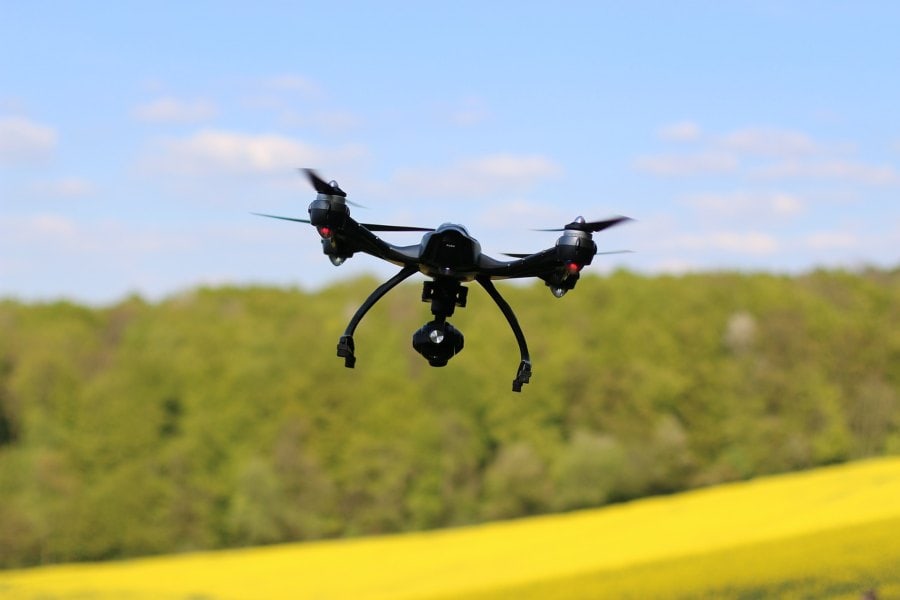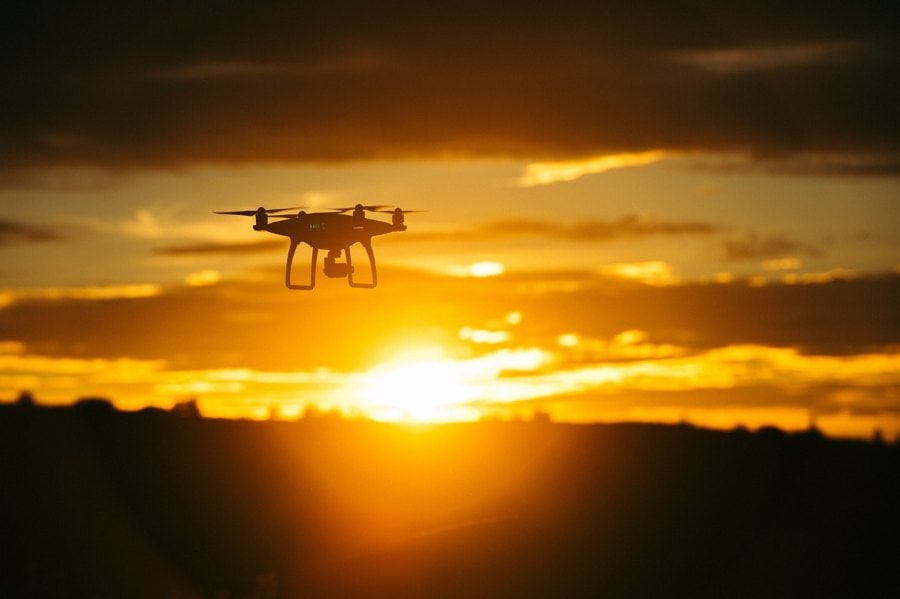Michigan County Drone Ban Struck Down, Presenting a Win for Drone Pilots Everywhere
BY Zacc Dukowitz
6 December 2022Michigan County Drone Ban Struck Down, Presenting a Win for Drone Pilots Everywhere
State and local governments don’t have the authority to pass laws about what can happen in national airspace. But they still do so all the time.
The only way to push back against these encroachments on legally sanctioned drone operations is to take on each of these laws in court, a process that can be expensive and time consuming.
While these legal battles play out, the “illegal” state or local drone laws remain on the lawbooks. This means that commercial drone pilots can face fines, property confiscation, or even jail time for flying in ways that are considered perfectly legal by the FAA—which, to be clear, means perfectly legal period.
Case in point: in Ottawa County, Michigan last year, authorities enacted a series of restrictions on drone operations. These ordinances limited the use of drones in public parks without a permit, noting that “. . . drone permits are rarely if ever issued.” At the same time, drones were restricted from use in several other county properties.
The drone ordinances in Ottawa County amounted to a drone ban—in fact, the words “drone ban” actually appeared on the county’s official website at one point.
[Related read: Judge Strikes Down Texas Drone Law as Unconstitutional, Saying It Effectively Bans Drones for Journalism]
When these rules were passed, a Michigan group called the Michigan Coalition of Drone Operators filed a lawsuit declaring that the county didn’t have the authority to enact drone ordinances.
And they won.
Ottawa County was told it couldn’t enact drone ordinances, and that drone pilots were allowed to fly in the county so long as they followed the FAA’s rules.
About the Michigan Coalition of Drone Operators’ Case
Michigan Circuit Court Judge Karen Miedema ruled in the Coalition’s favor about five months after the lawsuit was filed.
In her judgment, she found that Ottawa County exceeded its authority by making drone laws, since Michigan state has a law that prohibits local governments from enacting policies about how drones can be operated.
The state law not only prohibits local authorities from making drone laws, it also says that drone pilots can fly in the state as long as they are compliant with federal law (i.e., with the FAA’s rules).
Many states have passed laws similar to the Michigan one over the last few years, affirming the fact that the federal government has preemption over national airspace.
Although these state laws aren’t technically necessary—federal law trumps local law—they make explicit the chain of command when it comes to who can make laws about what happens in national airspace. These state laws also seem to make it easier for drone pilots to win in court when counties or municipalities try to pass laws about drone operations that contradict what the FAA allows.
After that initial win last year, Ottawa County appealed Judge Miedema’s decision.
One year later, in a decision announced late last month that can be considered a win for drone pilots everywhere, the Michigan Court of Appeals upheld her decision, deciding again in favor of the Coalition.
What Is Preemption and Why Does It Matter?
The chain of command regarding which law-making body gets first say on what is legal or not is generally referred to as preemption. In the U.S., federal laws preempt state laws, and state laws preempts county and municipal laws.
Preemption was first established by the Constitution, which describes federal law as the “supreme law of the land.”
In the case of laws about the national airspace, any rule made by the FAA—a federal entity—preempts any law or ordinance made by a state or local authority. To put this another way, if the FAA says that it’s legal to fly a drone a certain way, a state or local authority can’t pass a law saying that it isn’t.
But, as we noted above, local authorities are still passing laws that contradict FAA rules all the time. And that means it’s still important to be aware of local laws when you fly.
Even if a local law seems “illegal”—that is, seems to contradict the FAA’s rules—you could get in trouble for breaking it and face a lengthy court battle to prove your point.
[Want to learn more about the drone laws in each state in the U.S.? Check out our Master List of Drone Laws.]
Court cases like the one brought against Ottawa County are crucial in the fight for drone pilots to retain the right to fly as the FAA allows. But it’s very hard for individuals to wage these fights.
That’s why organizations like the Michigan Coalition of Drone Operators are so important. These organizations are the ones on the front lines, fighting to make sure we have unified national rules for drone operations, and that we can continue to fly at all.





